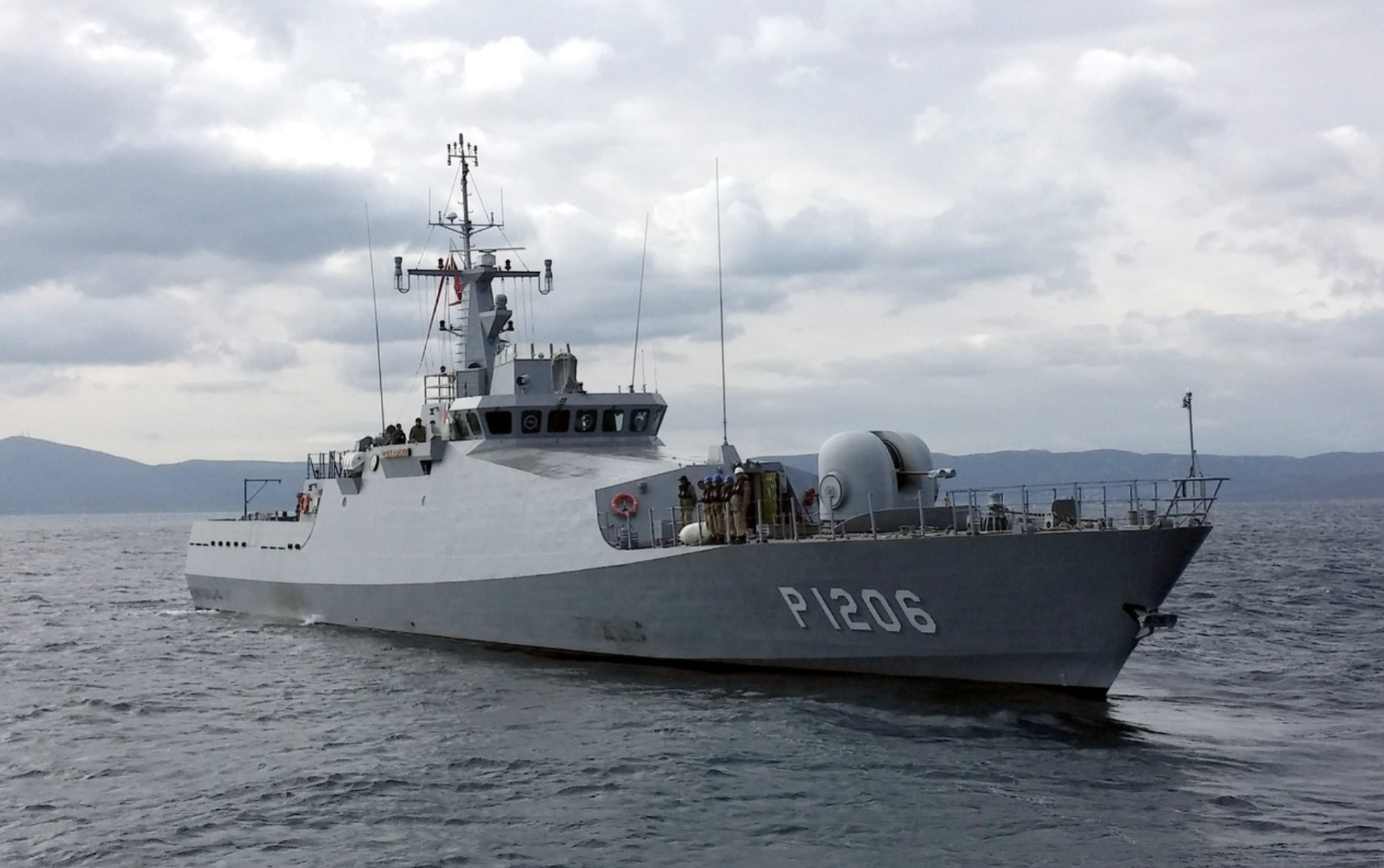
[객원 에디터 5기 / 민찬홍 기자] Following a near collision between two warships from the Chinese and U.S. navies, China’s defense minister accused the U.S., alongside with its government allies, of attempting to provoke and incite conflict across the Indo-Pacific region. Li Shangfu, a member attending the Shangri-La Dialogue security summit in Singapore, accused the U.S. of provoking China for its self-interests and further claimed that Washington and its allies made up false rules to assert their dominance over the region. He warned that any confrontation between the two countries would produce a catastrophic outcome for the world. These warnings came a day after the U.S. Defense secretary, Lloyd Austin, stated that a war over Taiwan would be disastrous for the global economy. Chinese president Xi Jinping also accused Washington of provoking and attempting to consolidate dominance over the territory, preventing regional peace and stability.
After the near collision, the U.S. accused the Chinese warship for cutting in front of its vessel, while performing a joint exercise with the Canadian navy. Captain Paul Moutford, Montreal’s commander, claimed that the Chinese were not professional in their planning and accusations. The near collision marked the second time within two weeks that China conducted aggressive maneuvers against U.S. military assets, with the previous incident involving a Chinese fighter jet against an American spy aircraft. Previously, Beijing had rejected U.S. requests for military discussions in 2018 over weapon purchases, signifying the stale relationship between the two countries. China asserts that the democratic island of Taiwan is part of its territory, whereas the U.S. and its allies regularly sail through the territory to emphasize that the waters are international and demonstrate their willingness to defend Taiwan in the event of a Chinese annexation.
The close call has induced many doubts about the future for both countries and what a conflict could mean for the international community, and concerns of a possible escalation between the two militar have become even more prevalent. Li Shangu stated that “[t]he best way is for the countries, especially the naval vessels and fighter jets of countries, not to do closing actions around other countries’ territories.” Washington’s State Department deputy spokesperson Vedant Patel stated that the U.S. hopes to have a calm relationship with China and to avoid the possibility of another “Cold War.” U.S. National Security Council spokesman John Kirby continued by asserting that it is important to maintain and regulate the communication channels between the U.S. and China. The relationship between Washington and Beijing has been notably stale over the years, due to issues such as China’s claim over Taiwan, and territorial tensions in the South China Sea.
Sources: The BBC, CNN, CBS News





